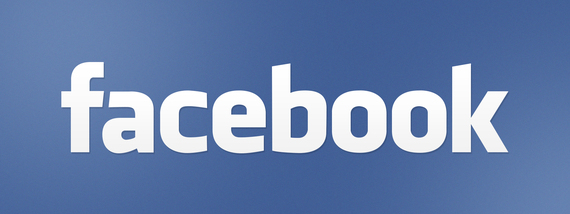 Recently AdAge published an article with the "blockbuster" news that Facebook is eroding the reach of brand pages by limiting the audience of their organic (non- paid) posts. Facebook itself has said so in decks and public statements, though perhaps not in language as blunt as this until now.
Recently AdAge published an article with the "blockbuster" news that Facebook is eroding the reach of brand pages by limiting the audience of their organic (non- paid) posts. Facebook itself has said so in decks and public statements, though perhaps not in language as blunt as this until now.
For those of us who have worked with brands on Facebook for a while this is hardly news. For at least two years Facebook has had an algorithm that helps to determine what users see in their news feeds. The idea is for users to see the content they truly enjoy, and Facebook employs a range of user actions and interactions with content and pages as proxies to determine what they want to see. If you have a search marketing background this will sound familiar, as it's a variation on the kind of personalization of content in search results that Google pioneered.
Facebook is now more open about some of the factors that go into its algorithm, such as the recent news that they were elevating the importance of content sourced from major publishers and degrading the prevalence of "meme" posts so that users aren't inundated with duplicate viral content. This has all come to a head with the latest algorithm update, which according to Ignite has led to an average of only about 3 in every 100 brand fans getting regular updates in their newsfeeds.
What seems to have set some marketers' hair on fire is the simple assertion by Facebook that for most brands to achieve reach, even with users who have liked their fanpage, they will have to use paid media.
As nefarious as this might sound, it's really just a result of quality control in the form of Facebook's algorithm. Or to put it another way, 99 percent of brand content on Facebook is the functional equivalent of spam to most users. If brands had better content, users would engage more and Facebook wouldn't have to protect their platform by limiting organic reach in this way. (Paid reach is limited as well by inventory.)
This really galls marketers who are still stuck in 2010 when building up a giant fanbase to create a captive pool of eager users ready to "engage" was state of the art. The reality is that it never worked -- oh it was easy to grow that fanbase (often by buying them) but do people really feel like telling their deodorant brand what they did over the weekend?
Even though most marketers and brands have struggled with how to lob content over this algorithmic barrier in Facebook, there's no reason to grumble and write off one of the largest aggregations of audience in the world. Digital and social move fast, and marketers need to be nimble to keep up. Crying foul because the platform has moved on and you haven't won't move the needle for your brand.
What this Facebook reality does is to cement these three basic truisms:
1) A non-paid approach to social, on any platform, will never perform as well as a smart blend of paid and organic. And vice-versa.
2) Marketers need to focus on creating the compelling content that people love to engage with and share, regardless of whether they would ever fan or follow a brand.
3) Content that is showcased by partner publishers such as Buzzfeed, AOL, Forbes, and, yes, The Huffington Post, is given preference by Facebook's algorithm and is more likely to be embraced and shared by users.
So before investing in a brand-based editorial team to feed the content beast on Facebook and other channels, figure out the online publishing partners who best understand the audience you want to reach. Then you can create content within a publisher partnership that is showcased in many places, is Facebook user and algorithm friendly, and doesn't require a massive increase in headcount.
It's simple -- better content means wider paid and organic reach.